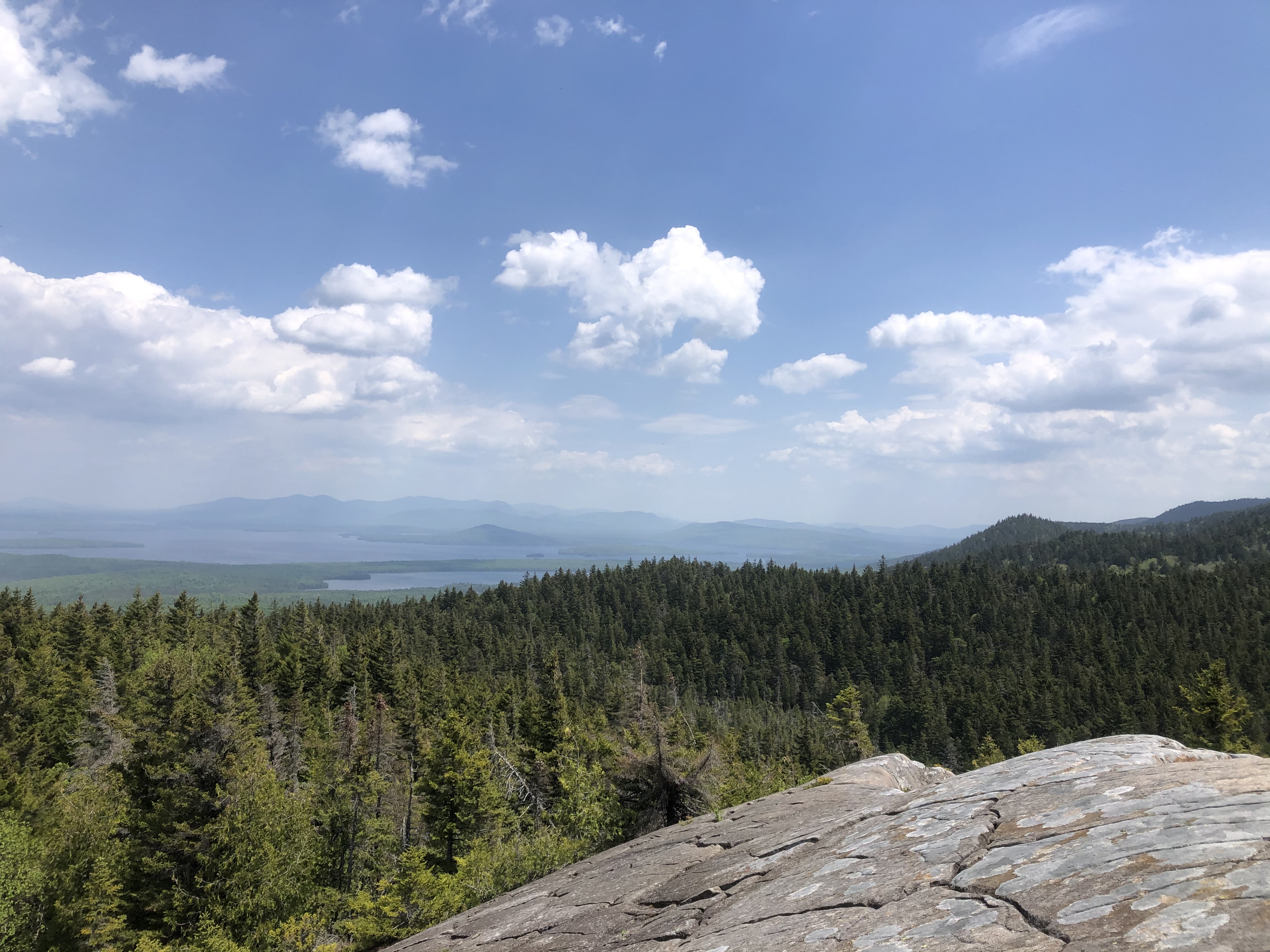


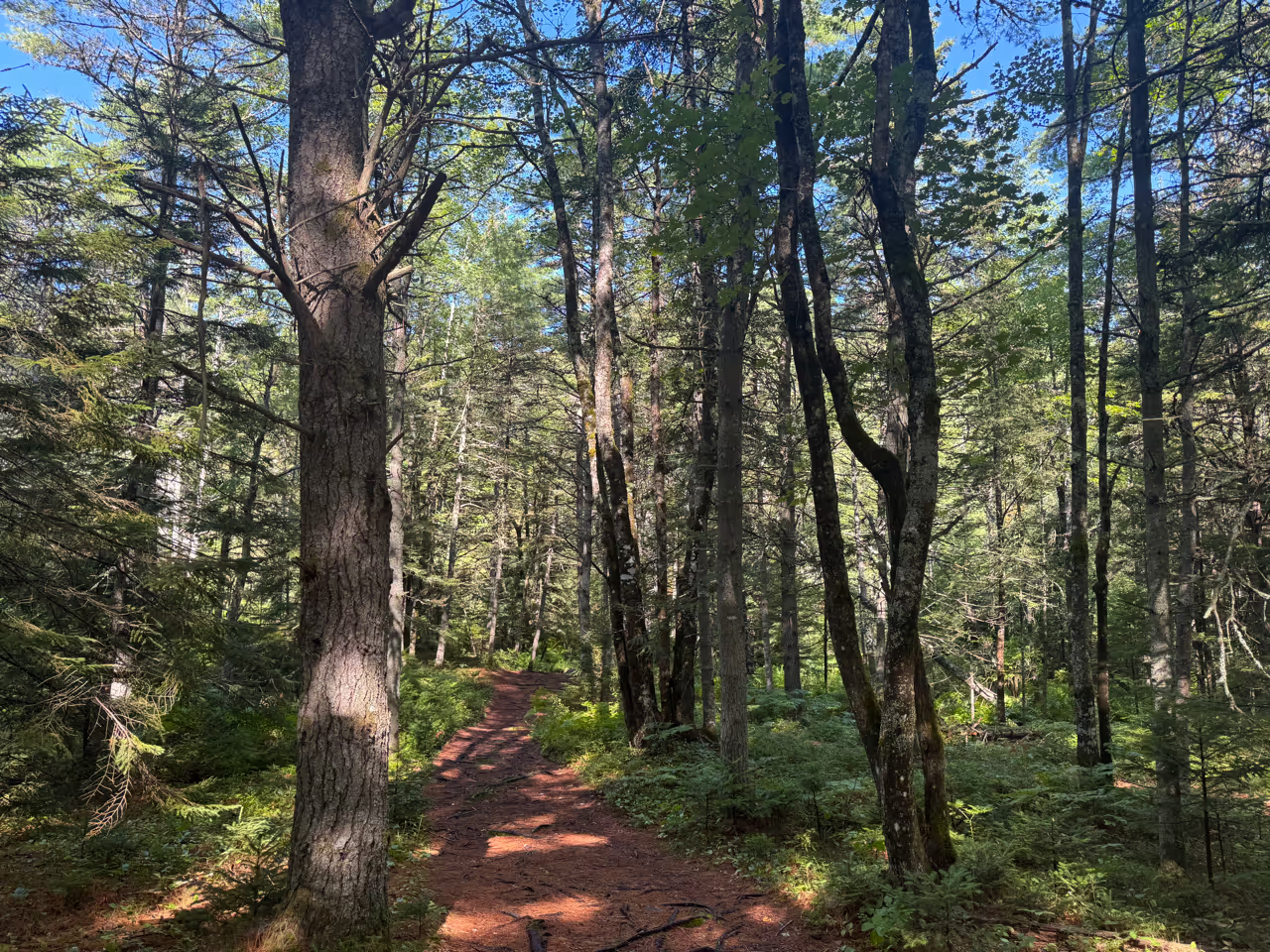
We strengthen conservation organizations through technical assistance, shared resources, and networking. We bind organizations together for greater impact.
We support organizations and conservation practitioners through resources, education, and research to shift organizational and sector-wide culture.
We strengthen organizations, individuals, and communities by providing educational programming, environmental and equity-related resources, and direct support to facilitate growth and transformative change.
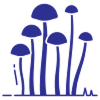
We connect organizations and community members through intentional convenings that facilitate networking, shared learning, and relationship building in order to strengthen the equitable conservation movement.

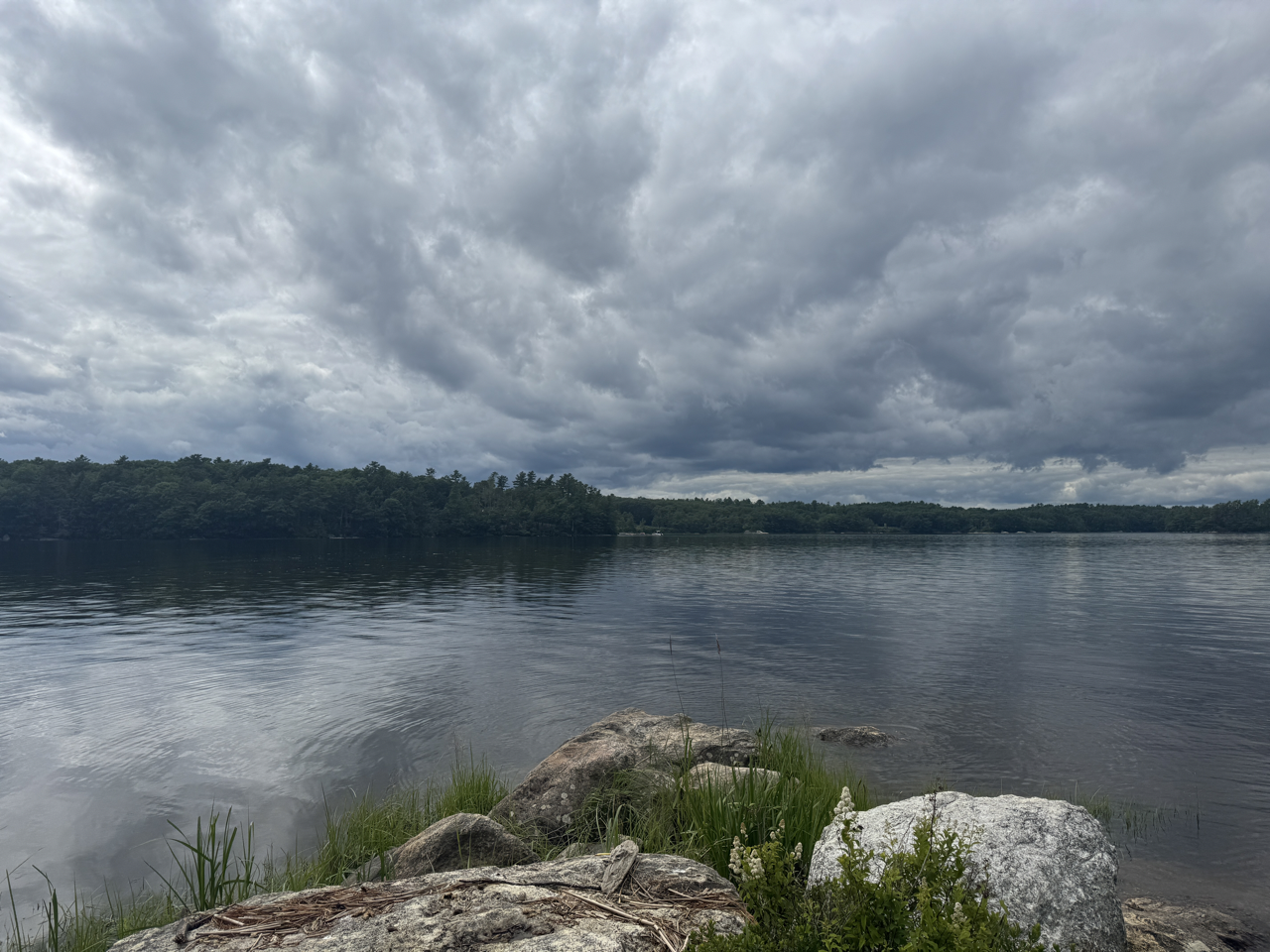
Momentum Conservation is thrilled to announce the 42 recipients of the 2025 Land Trust Grant Fund Program. At Momentum Conservation, we see so much leadership, growth, and strength in the land trust community, and we will continue to support these organizations as a funder and partner in this work.
Read more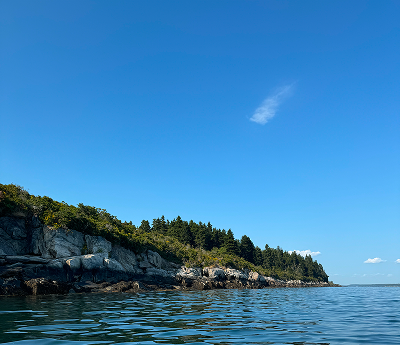
We invest in our Northeast conservation community and provide essential capacity-building support to organizations. Support our work with a donation!
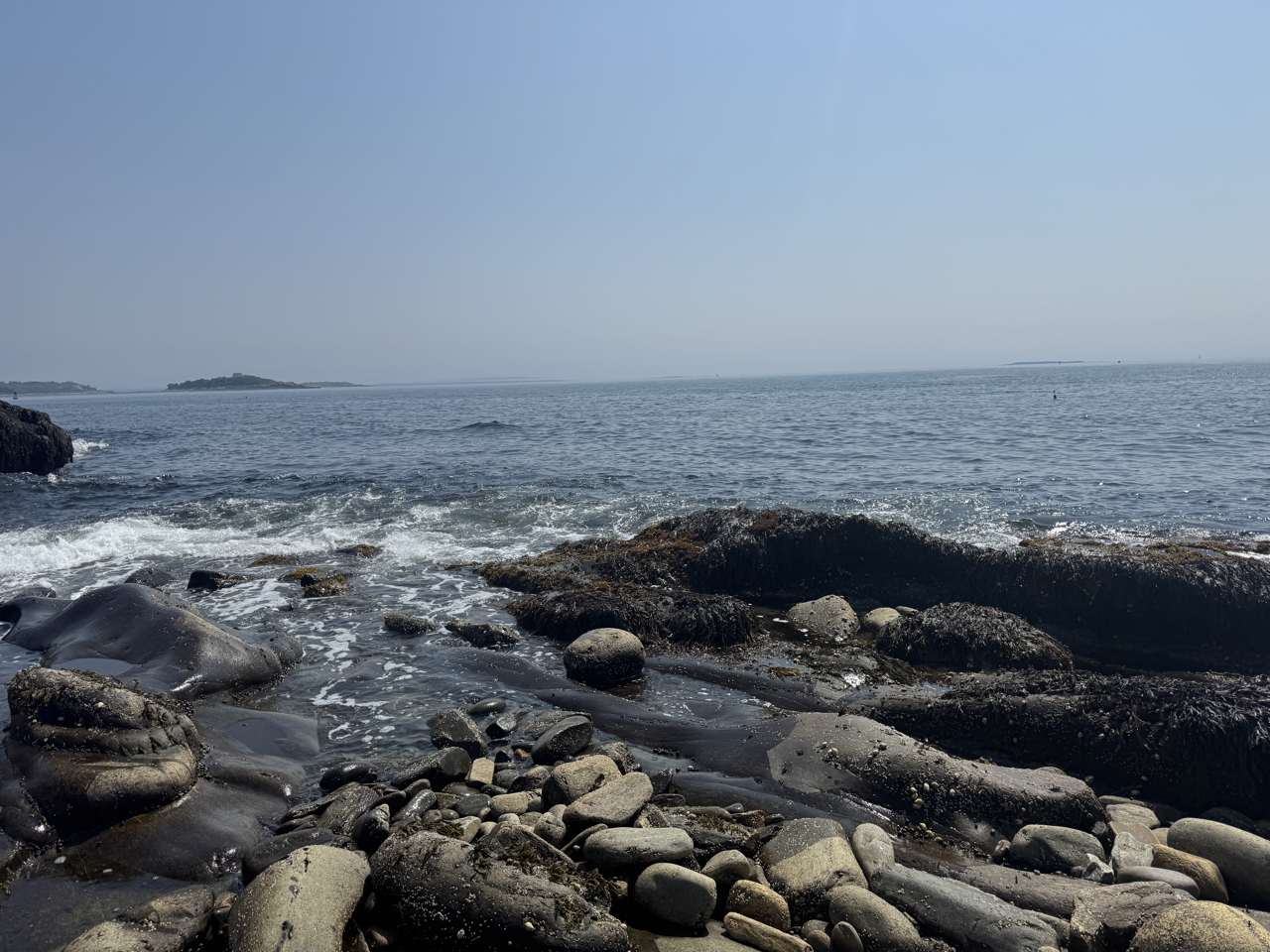
We host regular events in Portland, Maine and across the Northeast. Everyone is welcome - please join us and get to know our work.
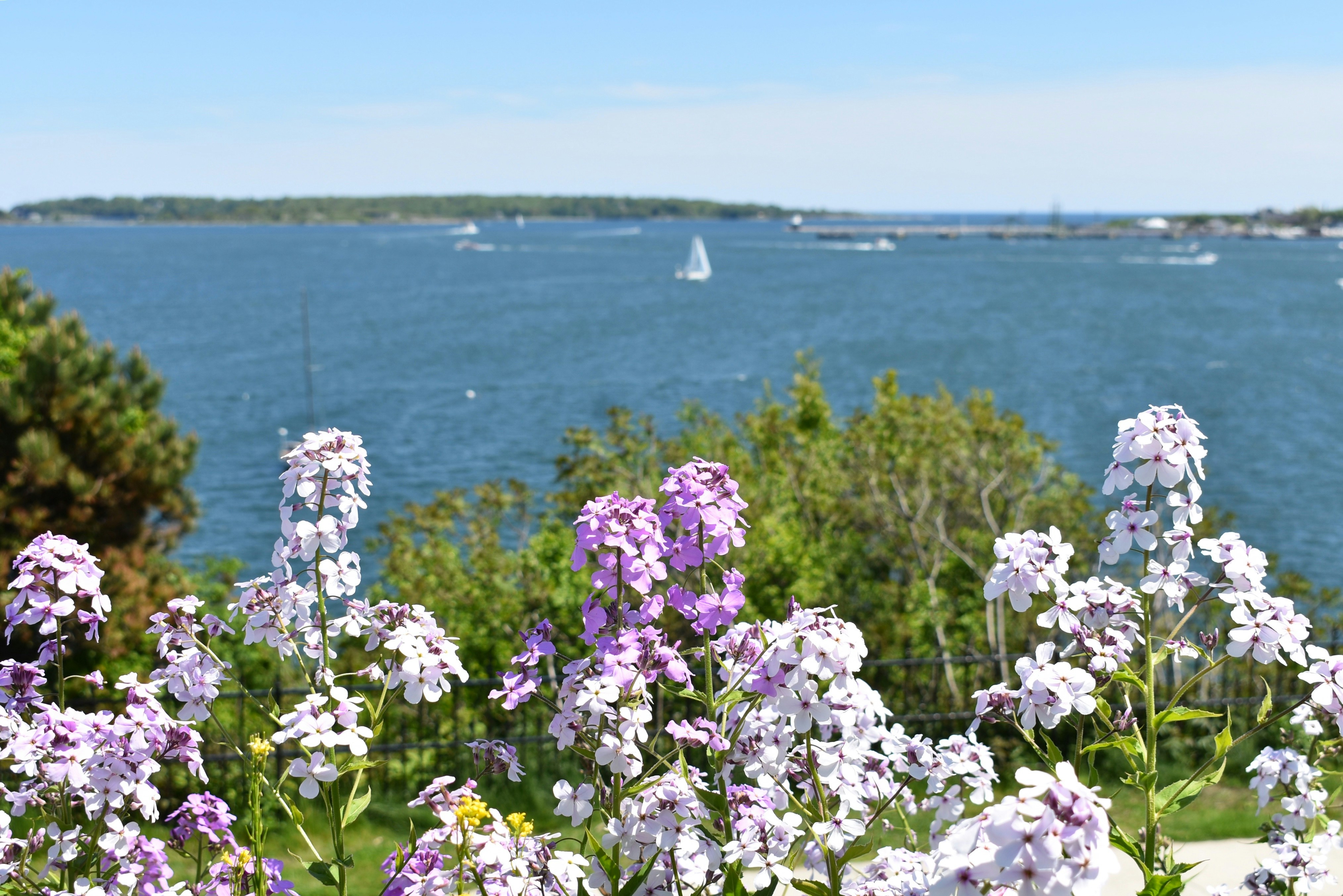
Learn about our initiatives, recent updates, and relevant educational content.
